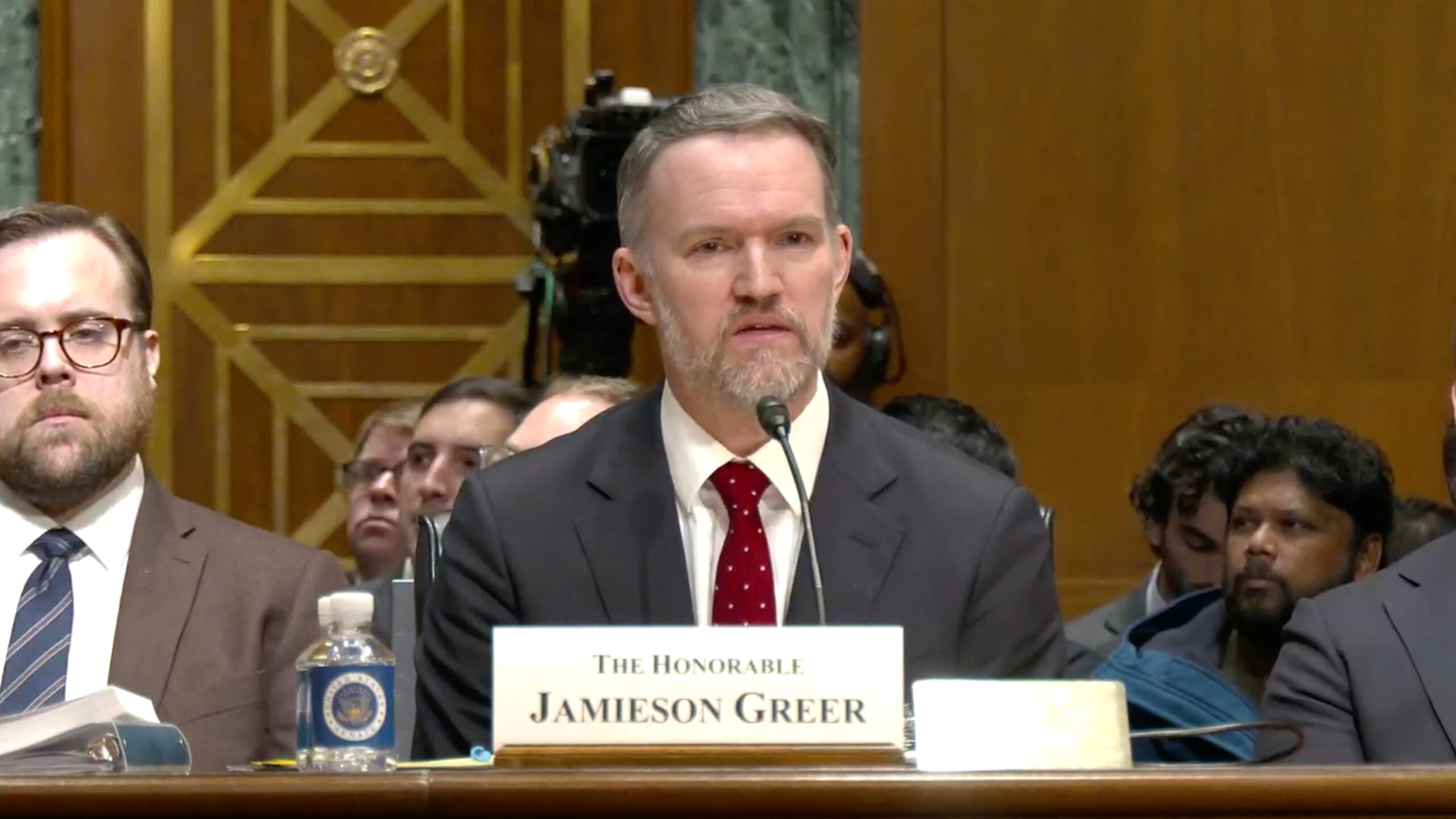
[Dan Lipinski| August 9, 2016 |Chicago Tribune]
President Barack Obama has told Americans that the Trans-Pacific Partnership would grow American jobs as trade barriers are removed and exports to foreign countries increase. The same promises were made with past trade deals, but those deals wound up hurting America’s middle class. And unfortunately, a close reading of the TPP reveals another trade deal much more likely to harm than help American workers.
The federal government has estimated that the United States will have a very small net gain of jobs from the TPP. And these official estimates have a track record of overestimating the positive effects of trade deals. When the U.S.-Korea Free Trade Agreement was completed in 2010, official predictions said our trade balance with Korea would improve, but instead we’ve imported more goods from Korea than ever before while American exports have remained stagnant.
This is more bad news because the TPP was modeled after that failed agreement.
One of the main reasons these projections are wrong is that, while the United States opens its markets to foreign competitors, other countries simply find new ways to advantage their local products over ours. When the U.S. helped China enter the World Trade Organization we were told we’d sell more to China when it was forced to live up to international trade rules. Instead, China has made its exports cheaper and imports more expensive, propped up its companies with government money and made it more difficult for American goods to get into China. Right now, American steel plants are closing as China illegally sends underpriced steel onto the world market; unfortunately, enforcing international law takes too long to save American steelworkers from permanent job losses.
The TPP fails to address many of the ways that other nations unfairly disadvantage American workers. It lacks any measures to combat currency manipulation, which occurs when a country uses the foreign-exchange markets to decrease the value of their currency. This makes American products more expensive while decreasing the price of imports from that country, killing American jobs. The TPP also undermines American laws through its expansion of the Investor-State Dispute Settlement, or ISDS, system. Under the TPP, foreign corporations — but not domestic companies, labor unions or individuals — have the right to attack American laws on important issues such as financial stability, health standards and the environment. Not only do these international courts bypass our legal system, they lack an appeals process and transparency.
Additionally, the TPP fails to protect international labor rights. The TPP forces American companies to compete against countries that suppress workers’ rights and fail to pay fair wages — which steals jobs from Americans.
What’s even more incredible is that the benefits of the TPP will frequently be given away to countries that did not even sign the agreement. For example, if 55 percent of the value of a car was produced in China and 45 percent in Japan, that car could be sent to the U.S. as a product of Japan under the TPP. This further undercuts American manufacturers and workers.
I support fair trade and developing new trade agreements, but they must benefit America’s middle class, raise wages and safeguard the consumer and environmental protections that we rely on. America should go back to the drawing board on the TPP and get this right.












